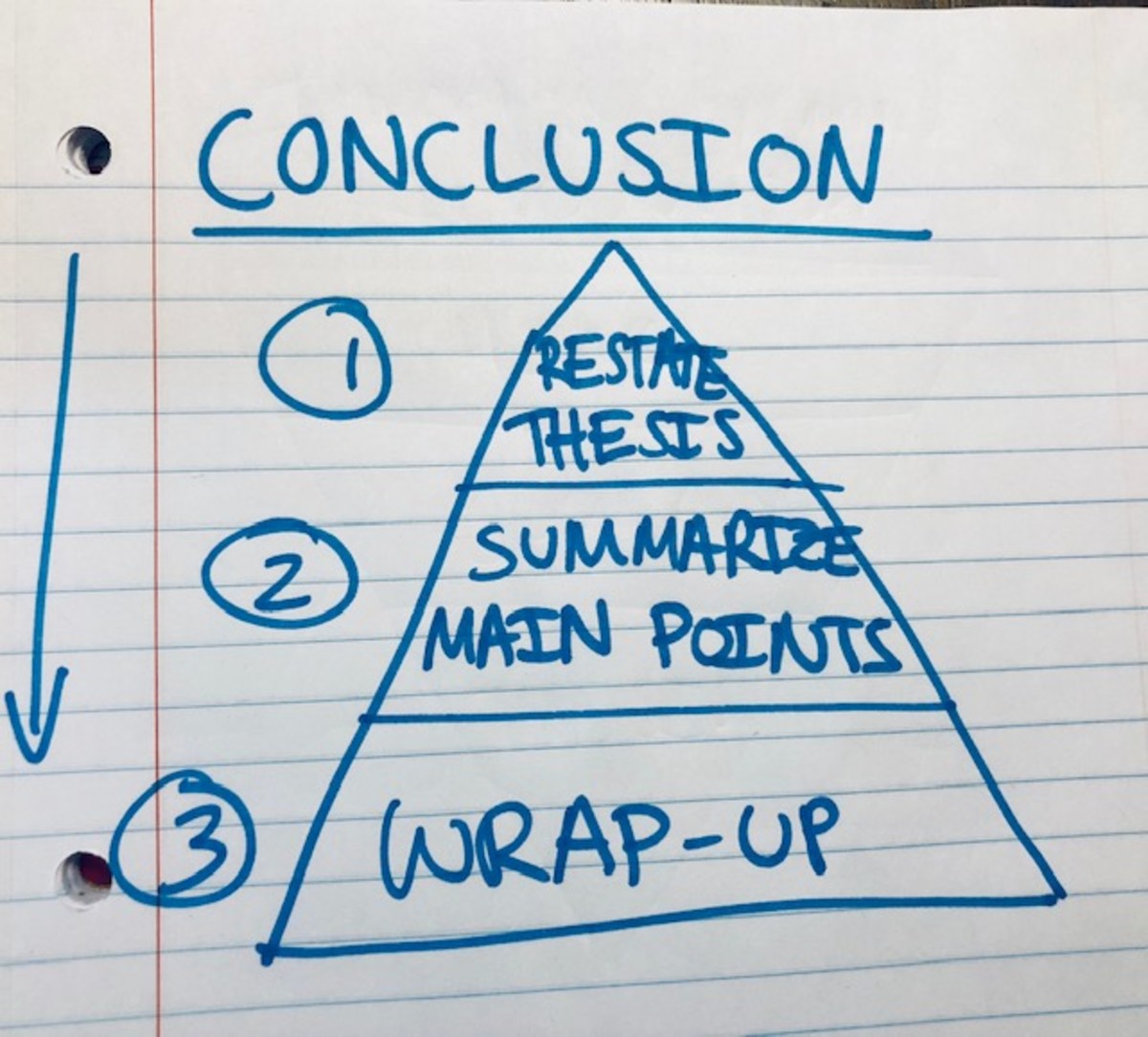Feeding Writers Good Feedback
Imagine this scenario: Your classmate has asked you to proofread this super cool essay he wrote a few days ago on the symbolism present in Khaled Hosseini's The Kite Runner. Being the good friend you are, you pick up the essay and begin to read and it's a hot, hot mess.
There are spelling errors everywhere. Every other word seems like a questionable word choice. There are run-on sentences of fifty, heck, even one hundred word long sentences. Immediately, the temptation is there, whispering in your ear to tell this classmate their essay is trash, or better yet, offer some vapid feedback giving very general, vague pointers.
No. Stop.
While it may be tempting to just tear apart the essay and leave this classmate's ego in the dust, try not doing that. Instead, try doing something that's a little bit more... constructive. While your mileage may vary depending on who you're critiquing, these are a few general do's and don'ts to make use of when you're giving people feedback.
Do's (basically, the stuff you should strive for)
Do be specific.
If someone is screwing something up, they probably don't even know that they're screwing up. For this reason, being specific about what is wrong and why that thing is wrong is important. It means that person won't (or is hopefully less likely to) make that mistake again, which is good not only for them but for whoever ends up editing for that person next. And that could very well be you. Below is an example of different ways to criticize the following sentence:
Amir is ultimately more powerful than Hassan, because he holds the power of written word over him.
Bad feedback: Your sentence sucks.
Good feedback: Your sentence is a bit unwieldy, especially the part about the "power of written word" - in my opinion, that part of the sentence is a bit hard to grok and flows a bit clumsily.
Do Offer Alternatives
This pointer is definitely slightly less necessary than the previous one, but it can help point the other writer in the right direction. Sometimes, even if someone knows why something is wrong, they might not really know what to do next. Offering an alternative gives them an example of a way they can move on from their mistake if they want. That isn't to say that the other writer will have to use the suggestion - rather, it just means they can use it or be inspired by it if they want. Below is an example of using suggestion to make the good feedback above into something great.
Better: Your sentence is a bit unwieldy, especially the part about the "power of written word" which flows awkwardly. Instead, I would say "because he is literate where Hassan is not."
Do be polite.
Of course, it's far more tempting not to be. After all, it can be satisfying to release all of your pent-up anger at that person's personality and to decry their writing as trash. However, the ease with which we can slip into anger and impoliteness makes this tip all the more important. In being polite, the other writer is less likely to go on the defensive. By extension, they are more likely to take your feedback and assess in an objective and critical light. Below are two examples of a critique, except with one as a civil critique and the other as a... slightly less civil version of the same critique.
Good: You should be careful with your word choice - at the moment, it can come across as a bit biased.
Bad: I don't know how the hell you could've come up with such biased word choice? Like dude, did you even use your brain?
Don'ts (basically, stuff you should strive not to do)
Don't assume anything about the author.
One common pitfall of critique is that it can often begin with something along these lines that may sound all too familiar. "I know you're trying to do/be x, but...", the feedback will begin. It often then spirals into something a bit more condescending or pretentious. Even if it doesn't, in assuming something about what the author's intent is, you're critiquing the writing with a bias in mind that might affect your ability to give objective feedback.
That's not to say that intent doesn't matter - there is, after all, a huge difference between euthanasia and murder, and that difference lies in intent. However, when it comes to proofreading and critiquing, assume that the author, like you, wants to make the best possible piece or essay.
Don't be condescending.
This very much ties into the previous point earlier about being polite, but it bears repeating. If you're condescending to someone, they will be less inclined to accept your feedback and will be likely to go on the defensive. Of course, you might be a better writer than the person you're giving feedback to. Still, it's very important not to be condescending. Condescension is a very, very good way to get someone to tune right out of what you're saying. After all, who wants to listen to someone talk down to you about how much your writing sucks - effectively kicking you hard in the stomach while you're on the ground?
Unless you're a masochist or very desperate for feedback, I'd assume that almost no one wants that. So the next time you want to reach for the condescension, don't do that. Instead, reach for a chill pill.
Conclusion
And this concludes my short (but hopefully sweet) article on how to give good feedback. Feel free to leave some (hopefully constructive) feedback on what I did well and what I can do better. All in all, a lot of it is actually common sense and civility - to some degree, even if you don't remember this list, the one thing that I hope you take away from this article is this.
Critique others the way you think would help you improve most.








